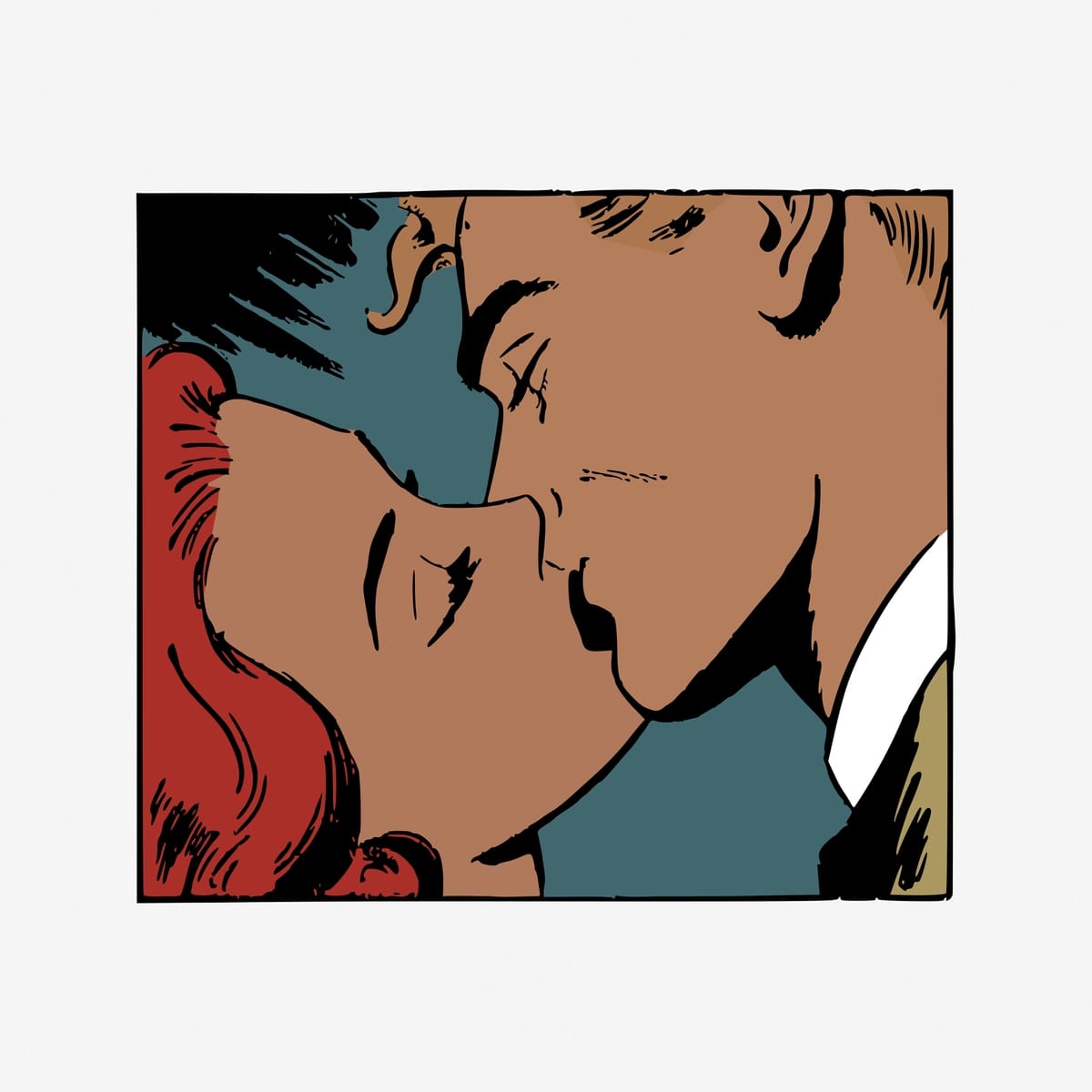Ok, so we all hate tropes, is it?

I don't know why people are talking about this really. I don't even really know how much they are talking about it, but I've seen it float across my feed a few times over the last few days, and many more over the last ten thousand years or whatever.
Everyone hates tropes, everyone hates books being sold based on their tropes, everyone hates those graphics with all the little lines pointing to the tropes. No one wants to hear about enemies to lovers, fake dating, forced proximity, everyone thinks it's a sign of declining literacy, a readership that wants to be pandered to rather than entertained, stuff like this is why Rome fell or what the fuck ever.
I'm not talking about tropes simply existing of course, tropes have always existed and we've all always been broadly fine about it. Mistaken identity, cross-dressing, secret twins – tell me which of Shakespeare's plays I'm talking about, I dare you. I'm talking about tropes being named and talked about and used as a reason to read a book.
So this week I'm using my newsletter to tell us all to calm the fuck down.
